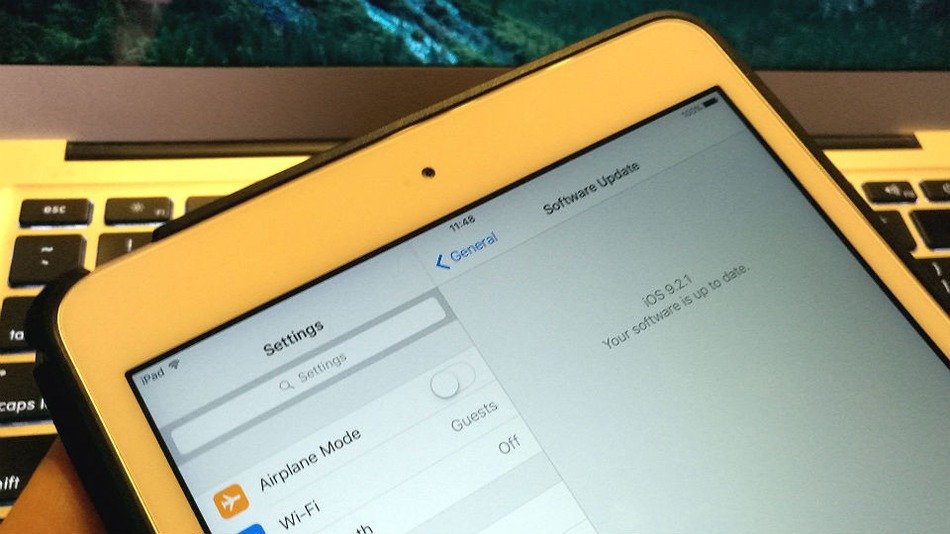Apple fixes vulnerability 2.5 years after receiving private report.
Apple has squashed a bug in its iOS operating system that made it possible for hackers to impersonate end users who connect to websites that use unencrypted authentication cookies.
The vulnerability was the result of a cookie store iOS shared between the Safari browser and a separate embedded browser used to negotiate “captive portals” that are displayed by many Wi-Fi networks when a user is first joining. Captive portals generally require people to authenticate themselves or agree to terms of service before they can gain access to the network.
According to a blog post published by Israeli security firm Skycure, the shared resource made it possible for hackers to create a booby-trapped captive portal and associate it with a Wi-Fi network. When someone with a vulnerable iPhone or iPad connected, it could steal virtually any HTTP cookie stored on the device. Skycure researchers wrote:
This issue allows an attacker to:
- Steal users’ (HTTP) cookies associated with a site of the attacker’s choice. By doing so, the attacker can then impersonate the victim’s identity on the chosen site.
- Perform a session fixation attack, logging the user into an account controlled by the attacker–because of the shared Cookie Store, when the victims browse to the affected website via Mobile Safari, they will be logged into the attacker’s account instead of their own.
- Perform a cache-poisoning attack on a website of the attacker’s choice (by returning an HTTP response with caching headers). This way, the attacker’s malicious JavaScript would be executed every time the victim connects to that website in the future via Mobile Safari.
Skycure researchers privately reported the vulnerability to Apple in June 2013. It was fixed last week with the release of iOS 9.2.1. The update provides an isolated cookie store for captive portals. There are no reports of exploits in the wild.
Source:https://arstechnica.com/

Working as a cyber security solutions architect, Alisa focuses on application and network security. Before joining us she held a cyber security researcher positions within a variety of cyber security start-ups. She also experience in different industry domains like finance, healthcare and consumer products.












